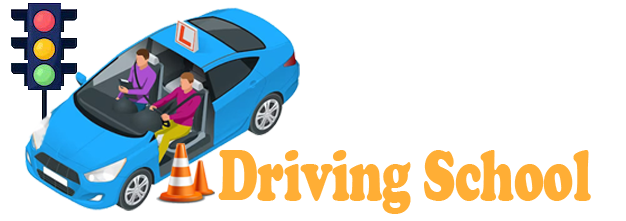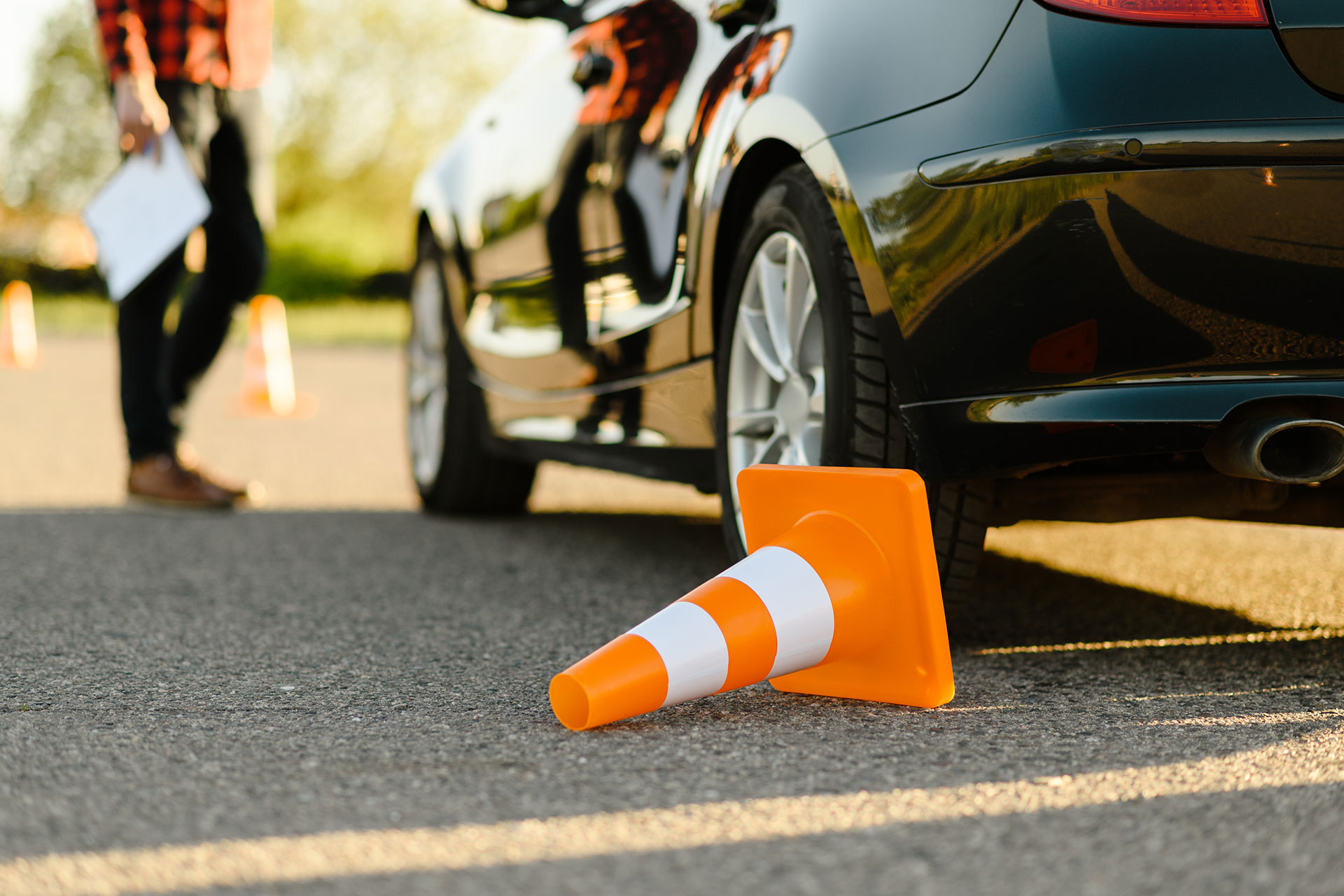Learning to drive is a thrilling adventure in self-determination. However, this privilege is accompanied by the serious obligation to keep oneself, one’s passengers, and other motorists safe at all times. Due to their inexperience and lack of exposure to real-world driving conditions, many novice drivers are prone to making the same blunders. In this post, we’ll go through 20 rookie driving errors and how to fix them so you can hit the road with more ease and confidence.
1 Disregarding Routine Safety Measures
Inexperienced motorists frequently fail to follow the most fundamental safety practices, such as always wearing their seatbelts, checking their mirrors, and securing their passengers. Ignoring these primary procedures increases the risk of serious harm.
2 Distracted Driving
A rookie driver’s attention can be diverted by using a smartphone, adjusting the radio, or having a conversation with passengers. The danger of an accident increases dramatically when a driver is distracted.
3 Expectations
New drivers often make the mistake of speeding because they don’t completely understand the connection between speed and reaction time. If you want to stay in charge and avoid accidents, you need to stick to the speed limit.
4 Tailgating
Too close of a following distance between automobiles is dangerous. It impairs your reaction time and makes you more vulnerable to rear-end incidents.
5 Not Using Turn Signals
Use your turn signals to let other drivers know what you’re about to do. Failing to utilize them increases the risk of an accident by confusing other drivers.
6 Mistaking one lane for another
Sideswipes and accidents can occur as a result of insufficient signaling, failing to check blind areas, or changing lanes abruptly without providing sufficient warning.
7 Running Red Lights and Stop Signs
Disregarding traffic signals and stop signs is not only against the law, but may also result in devastating accidents at intersections.
8 Merging Incorrectly, Number Eight
It’s important to use your best judgment and work in tandem with other drivers when merging onto highways or into traffic. Congestion and accidents can result from improper merging.
9 Misjudging Distance and Space
When learning how to drive, it can be difficult to determine how much space is necessary to pass or merge safely.
10 Overcompensating steering is explained
At greater speeds, jerky steering can cause the vehicle to become unstable. It’s crucial to the vehicle’s stability that steering inputs be kept smooth and regulated at all times.
11 Overcompensating Steering
If you hit the brakes too hard or too late, you increase your risk of sliding, losing control, and being involved in a rear-end crash. It’s essential to slow down gradually and steadily.
12 Don’t look at your blind spots.
One typical error drivers make is failing to examine their blind areas before making a lane change or merging. Accidents can occur when drivers fail to check their blind zones.
13 Avoiding Attention to the Weather
Inexperienced motorists may fail to fully appreciate how adverse weather can affect driving conditions. Conditions like rain, snow, and fog drastically impair vision and grip.
14 Inadequate Vehicle Maintenance
Safe driving relies on regular car maintenance. When problems with brakes, tires, lights, or other safety features are ignored, accidents can happen.
15 Number Fifteen Drunk Driving
It is not only against the law but also very risky to get behind the wheel while impaired by alcohol, drugs, or anything else. Coordination, reflexes, and judgment are all negatively affected.
16 Misusing High Beams, Number Sixteen
Careless usage of high lights can cause serious accidents by blinding oncoming traffic. Only use high beams when absolutely necessary.
17 Not Yielding the Right of Way
Accidents and confusion can result from people failing to surrender the right of way at crossroads, roundabouts, and other traffic situations.
18 Anxiety Under Dangerous Circumstances
The unexpected might cause inexperienced drivers to freeze up or panic. Maintaining composure and using defensive driving skills are crucial for making it through dangerous situations.
19 Incorrect Parking
Incorrect parking is a nuisance to other motorists and can result in monetary penalties. Parking in a variety of scenarios is a great way for new drivers to gain experience and confidence.
20 Not Adapting to Surroundings
Frustration, aggressive driving, and accidents can result from drivers who are unable to adjust their behavior to changing environmental factors, such as those presented by heavy traffic or construction zones.
Conclusion
Concluding Remarks Mastering the art of driving and becoming a responsible citizen takes time, practice, and a dedication to lifelong education. New drivers can considerably improve their own and other road users’ safety by avoiding these 20 rookie gaffes. Practicing vigilance, patience, and concentration behind the wheel can lay the groundwork for a lifetime of safe and secure motoring.


